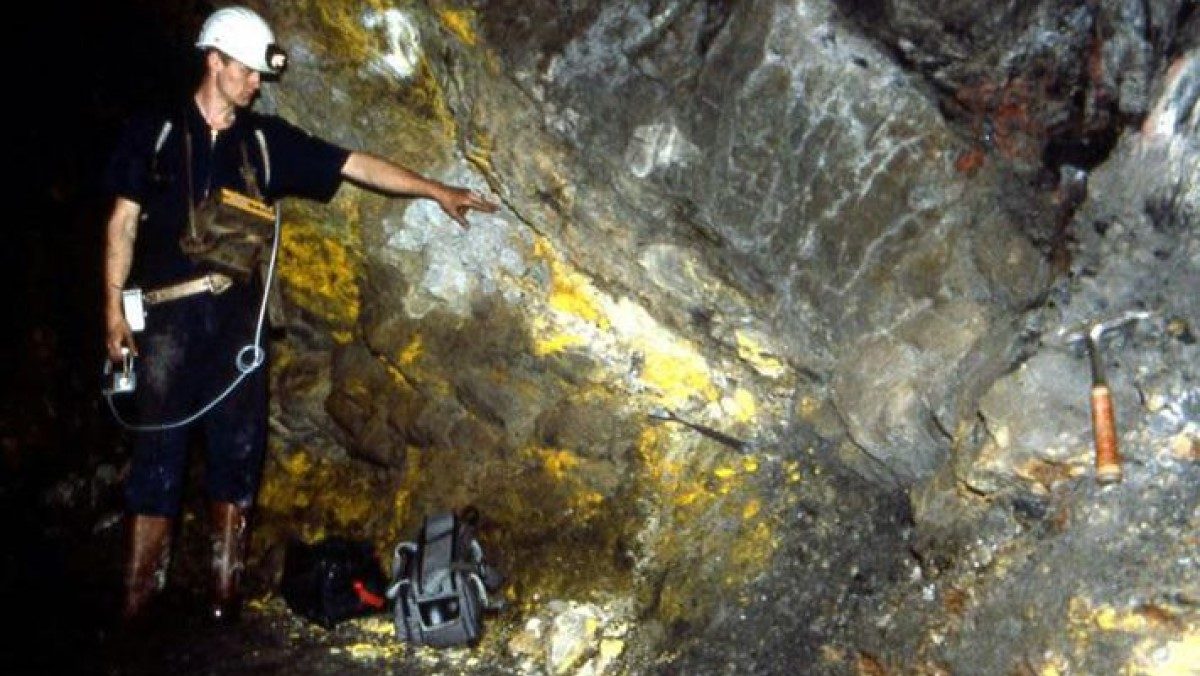In the Democratic Republic of Congo sexual violence against women runs rampant, leaving the civil population very exposed and under constant threat in and around mining towns.
Question: What is happening in the Congo?
Margot Wallström: Well, my recent visit to Congo, to the eastern part, that is the north and south Kindu, revealed that there is still rather an unstable situation in the East. And this was a follow-up to the atrocities in the [...] territory late August, beginning of September. And I was rather worried to visit some of these villages because still, people are traumatized and in a kind of... in a state of shock, I would say. And not only that, but they fear that their attackers might come back or even that the deployment of government troops in this area might mean that they also have to live off the population. They are deployed there without enough to eat, without pay, without barracks. So it means that they are afraid that they will start to loot and pillage these villages as well. And then we can assume rape, unfortunately.
Question: What type of area is this?
Margot Wallström: This is actually an area where close to the mining activities of the BC Mining District. So it means that some of the men of these small villages probably work in the mining business or to support the mining business. But very often, the small mines are controlled by rebel groups or sometimes by government troops as well. And it means that it’s a very sort of unsafe situation for civilians and unfortunately this is something that fuels the ongoing conflict and some of the rebels. So it leaves the civil population very exposed and under kind of constant threat.
Question: What conditions are leading to this crisis?
Margot Wallström: Well, everybody said the same thing. They want peace and they hope that peace will bring peace also to the women. This is not... we cannot be sure that it brings peace to the women because when this is done at the scale that we saw in the [...] territory and in these villages, unfortunately, it brutalizes the whole society. It spills over on the civil society. And that means, you know, a new generation of young men and boys who will also think that this is a natural thing. And women don’t feel that they have... that they’re valued. And one young woman said to us that she... that her impression was, and she was of course very distraught when she said, “A dead rat is worth more than the body of a woman.” And I think this just shows that at the moment, the woman who are very much the backbone of the economy of the DRC are just sort of not valued. They are broken, and that means also it will be so much more difficult to build peace and any kind of economic development in the DRC.
Recorded on October 17, 2010
Interviewed by John Cookson





